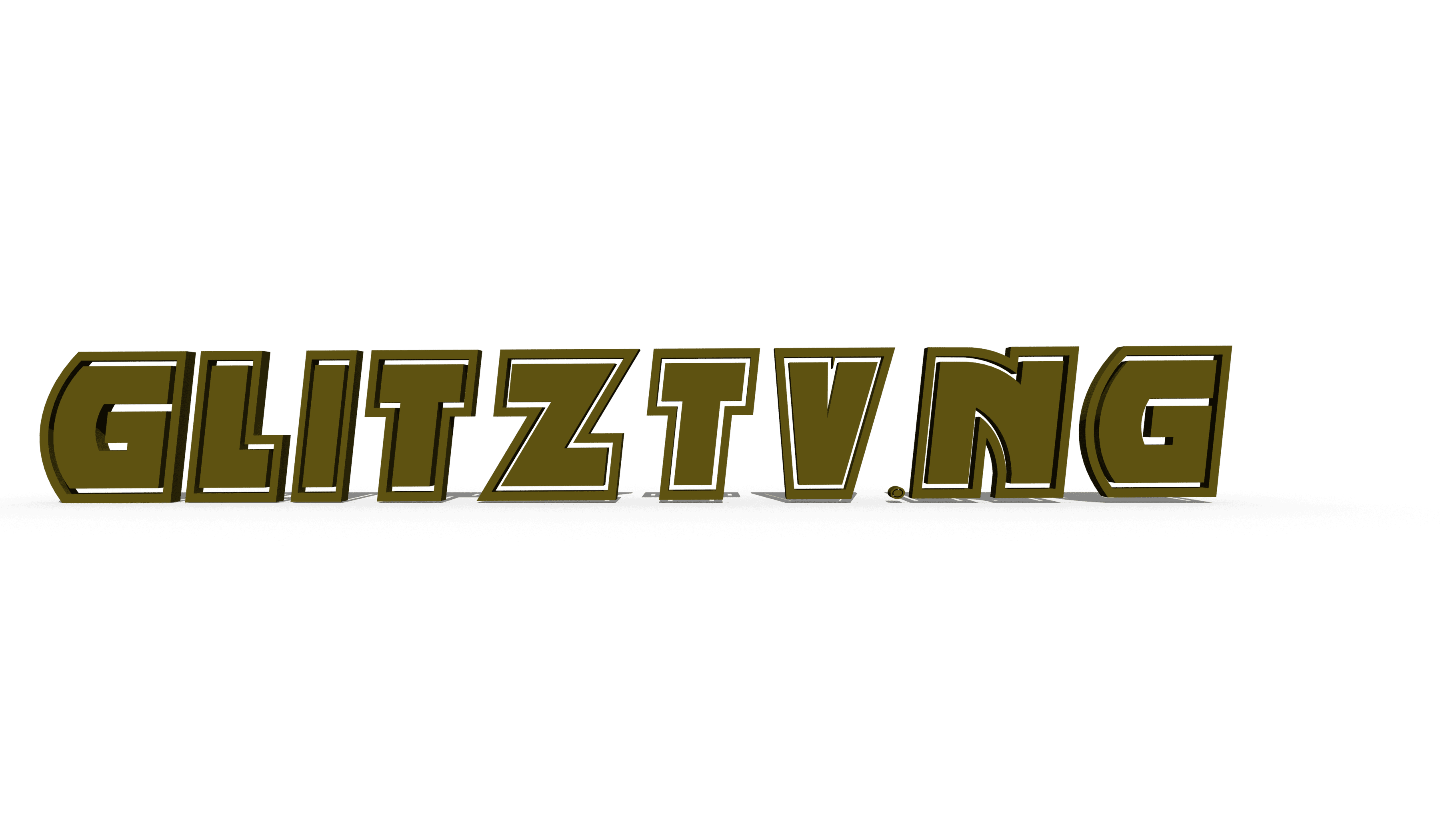The depreciation of the Nigerian Naira has been a cause of concern for Nigerians in recent years. The declining value of the national currency has led to various hardships and economic challenges for individuals and families across the country. As the effects of this depreciation persist, it is crucial for Nigerians to take proactive measures to cushion the impact on their lives and well-being. This article aims to shed light on the effects of hardship caused by the depreciating Naira and provide practical strategies to mitigate its consequences, with a focus on avoiding hypertension and its potentially fatal outcomes.
Understanding the Effects of Naira Depreciation:
The depreciation of the Naira has far-reaching implications for the Nigerian economy. It leads to higher import costs, inflation, reduced purchasing power, and increased prices of essential goods and services. As a result, individuals and families face challenges in meeting their basic needs, such as food, healthcare, and education. The economic strain caused by the depreciating Naira can have a significant impact on people’s mental and physical well-being, potentially leading to stress, anxiety, and hypertension.
Strategies to Cushion the Effects:
1. Financial Planning and Budgeting:
In times of hardship, it becomes crucial to have a well-defined financial plan and budget. Nigerians should assess their income, prioritize expenses, and cut back on non-essential items. By creating a realistic budget, individuals can manage their finances effectively and reduce the risk of falling into debt or financial distress.
2. Diversify Income Sources:
Relying solely on one source of income can be risky during times of economic instability. Nigerians should explore additional income streams, such as starting small businesses, freelancing, or investing in income-generating assets. Diversifying income sources can provide a safety net during periods of hardship and help mitigate the effects of Naira depreciation.
3. Embrace Agriculture and Local Production:
Agriculture remains a vital sector in Nigeria, and individuals can leverage it to their advantage. Engaging in small-scale farming or backyard gardening can help supplement food needs and reduce reliance on expensive imported goods. Supporting local industries and purchasing locally produced goods can also contribute to the growth of the national economy.
4. Prioritize Health and Well-being:
Amidst economic challenges, it is crucial to prioritize physical and mental health. Engaging in regular exercise, maintaining a balanced diet, and getting adequate sleep can help reduce the risk of hypertension and other health issues. Additionally, seeking emotional support from friends, family, or support groups can help manage stress and anxiety associated with financial hardships.
5. Continuous Learning and Skill Development:
Enhancing one’s skills and knowledge can open up new opportunities and increase employability. Nigerians should consider acquiring new skills through online courses, vocational training, or apprenticeships. By staying proactive and adaptable, individuals can navigate through economic challenges and increase their chances of financial stability.
6. Savings and Emergency Funds:
Building a savings habit is essential for financial resilience. Individuals should prioritize saving a portion of their income regularly, even if it seems small. Having an emergency fund can provide a safety net during unexpected expenses or periods of job loss, reducing financial stress and the risk of hypertension.
7. Seek Professional Financial Advice: Consulting a financial advisor or expert can provide valuable insights and guidance on managing finances during economic hardships. These professionals can help individuals create personalized strategies, make informed financial decisions, and identify investment opportunities that can withstand the effects of Naira depreciation.
The effects of Naira depreciation and the resulting hardships in Nigeria are undeniable. However, by adopting proactive measures and implementing the strategies mentioned above, individuals can cushion the impact on their lives and well-being. It is crucial for Nigerians to prioritize their health, embrace financial planning, diversify income sources, and continuously upgrade their skills. By taking these steps, Nigerians can navigate through these challenging times and work towards a more stable and prosperous future.






